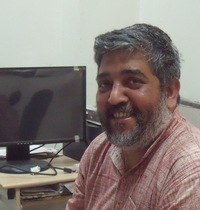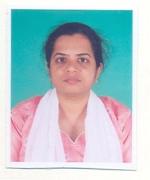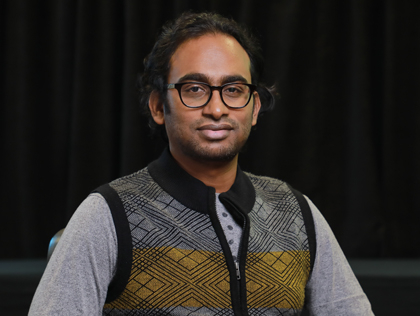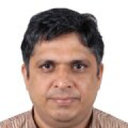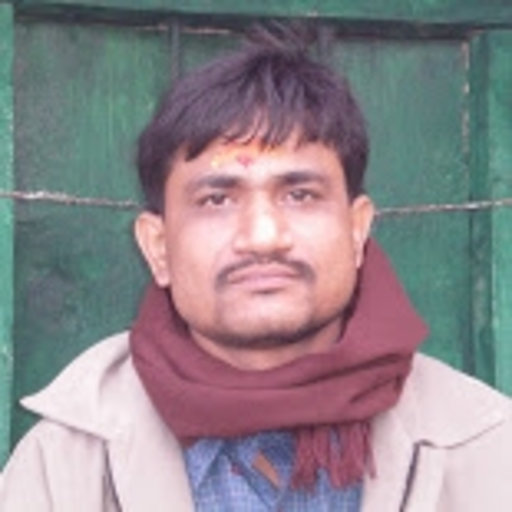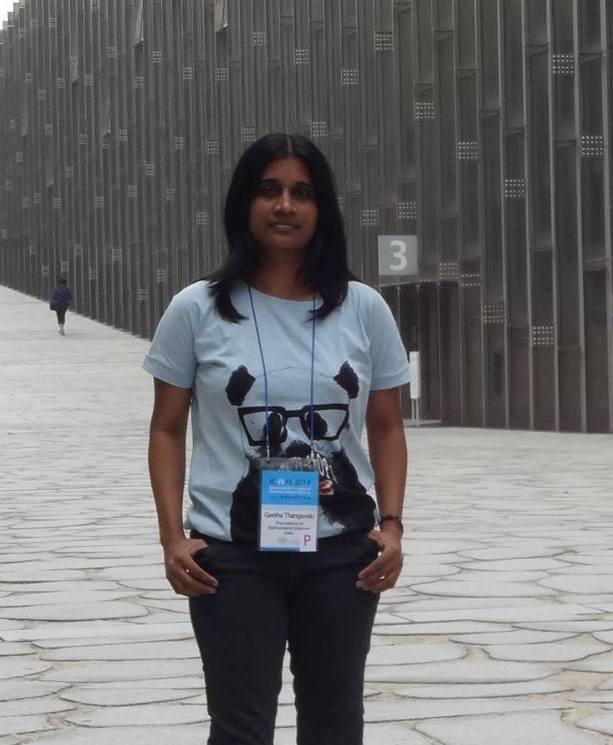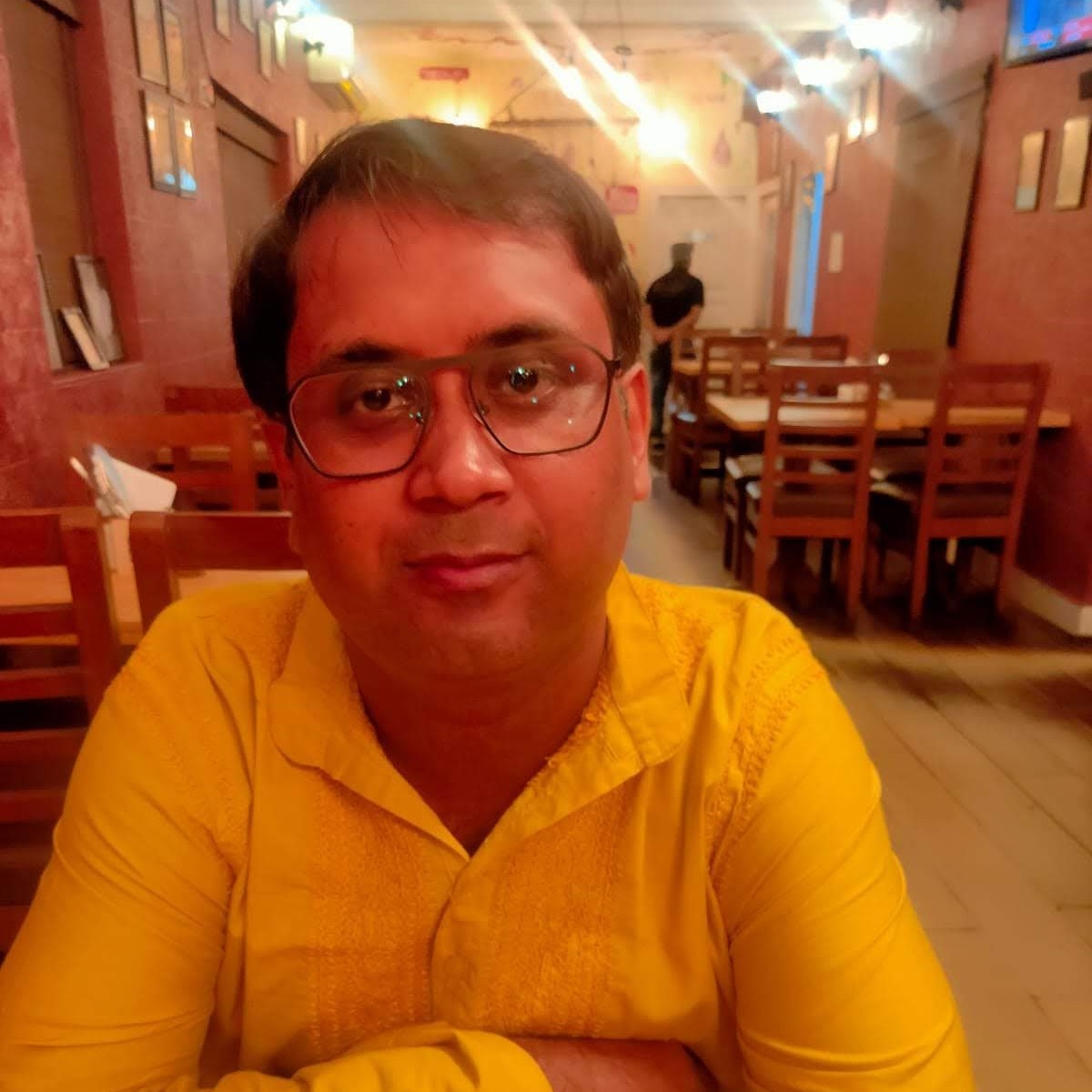Beyond Abel and Jacobi
Speaker: Prof. Kapil Paranjape, IISER Mohali
Abstract:
The classical theorem of Abel and Jacobi characterises the zeroes and poles of a meromorphic function on a compact Riemann surface (or smooth projective variety) using a map which is nowadays called the Abel-Jacobi homomorphism.
Following the work of many algebraic geometers over the past 150 years, this result has been successively refined and studied for higher-dimensional varieties. The most sophisticated version of this refinement is via the theory of "motives" as first proposed by Grothendieck. The most elaborate conjectural refinements of the Abel-Jacobi theorem are those of Bloch and Beilinson.
As with most conjectures, there have been many attempts to construct counter-examples. One method is to construct "minimal" instances of these conjectures for "well-understood" varieties where the conjectures do not (as yet) follow from known results. Such examples were constructed by Griffiths, Mumford-Roitman and many others which
led to the more precise formulations of the conjectures that we see today.
In this talk, the speaker will attempt to explain some ideas and examples behind this elaborate framework and present his own work in its context.


